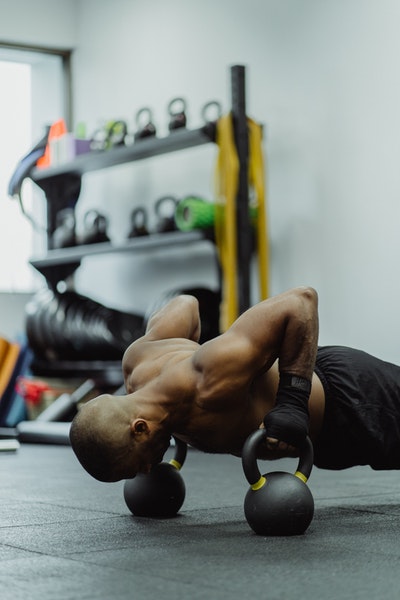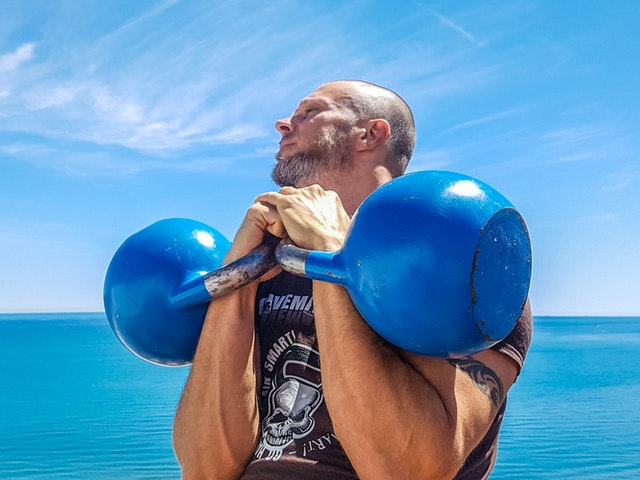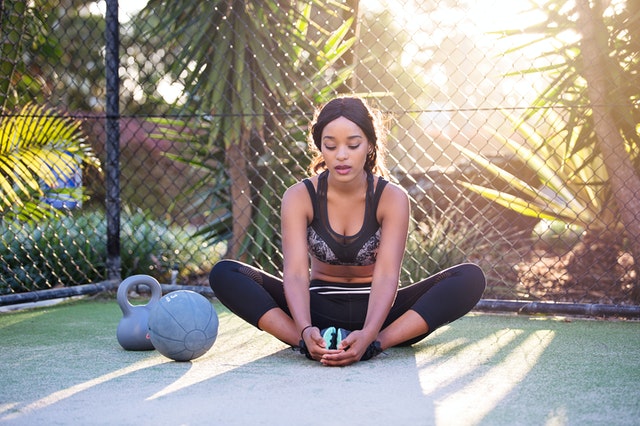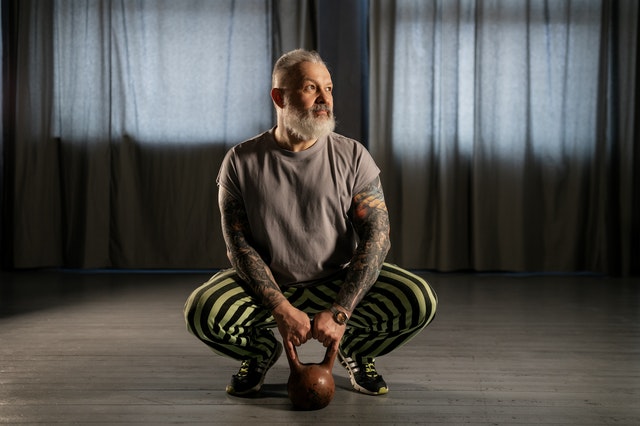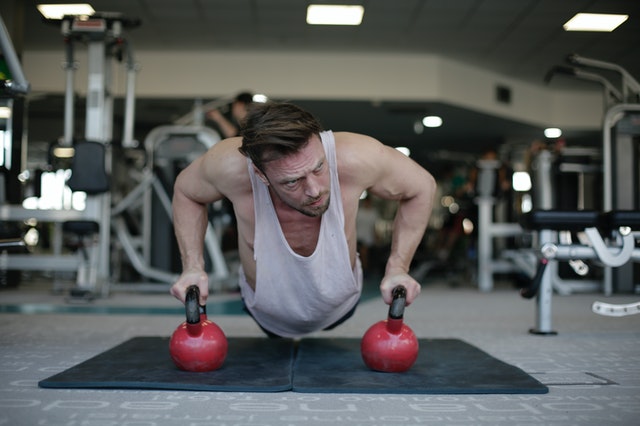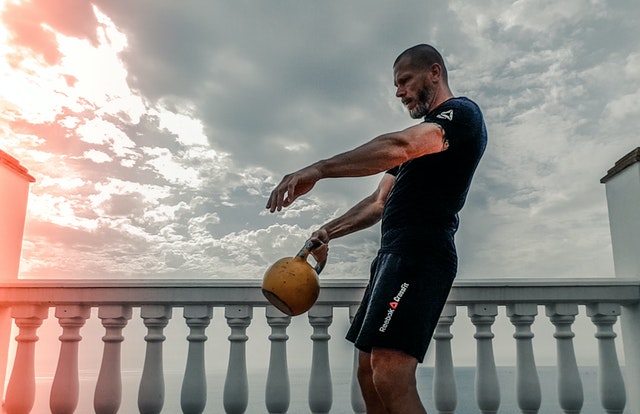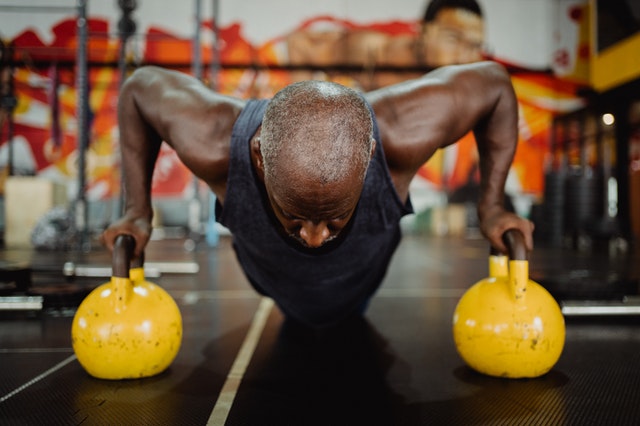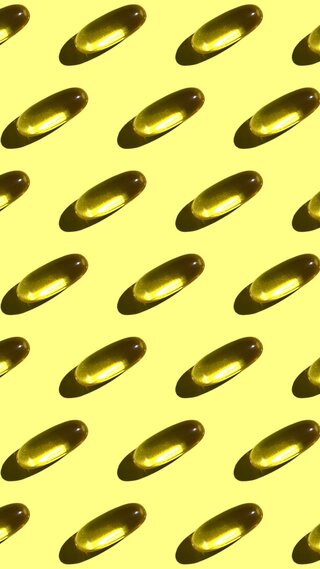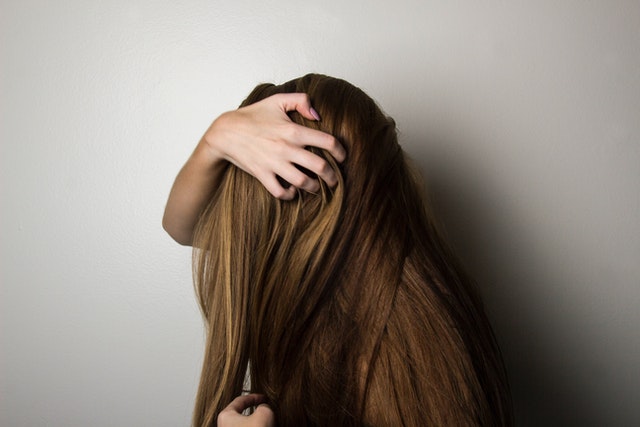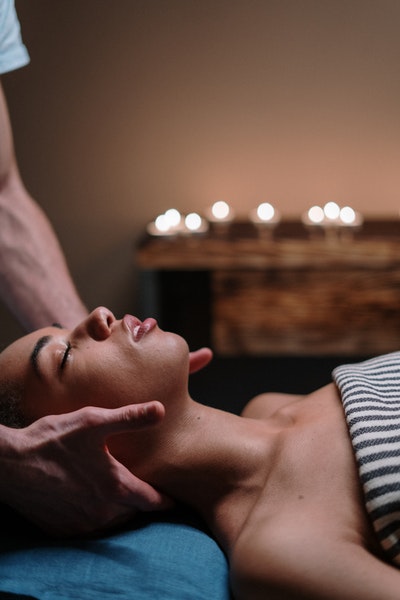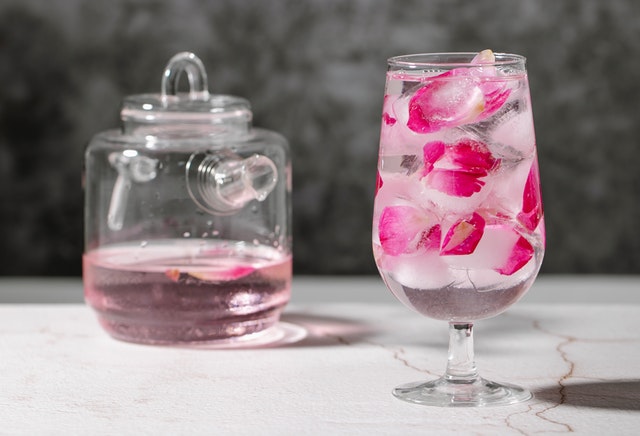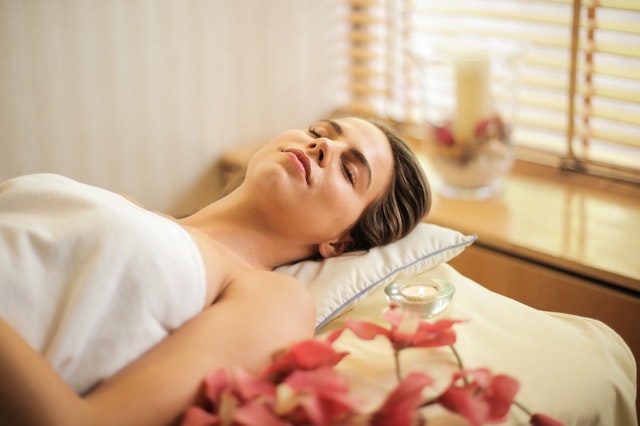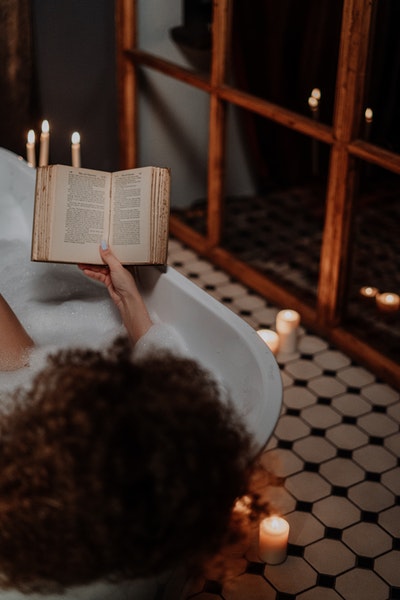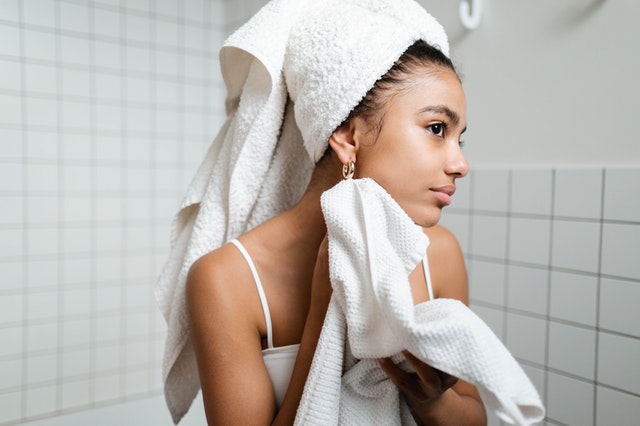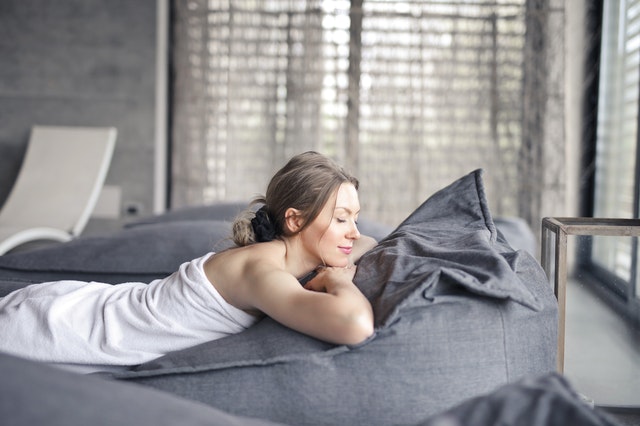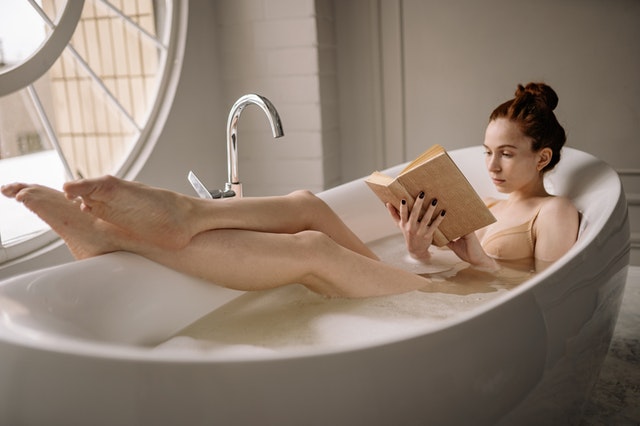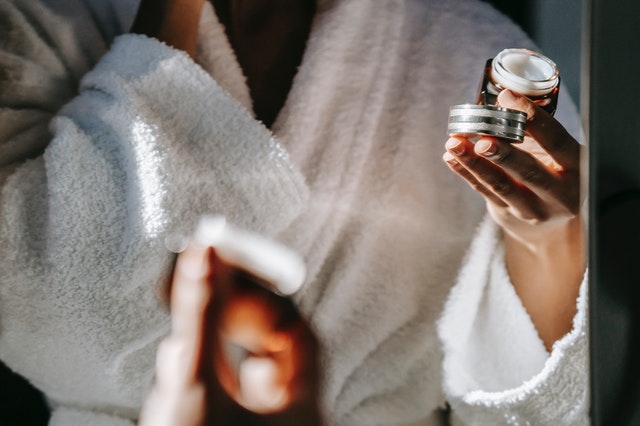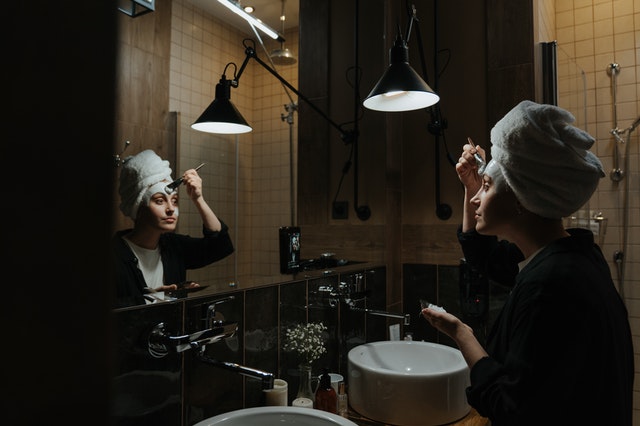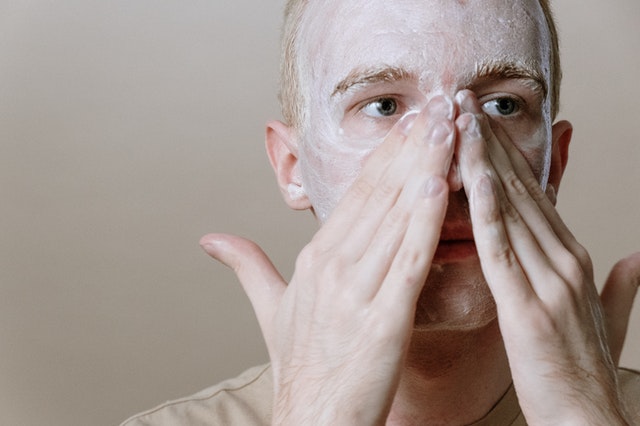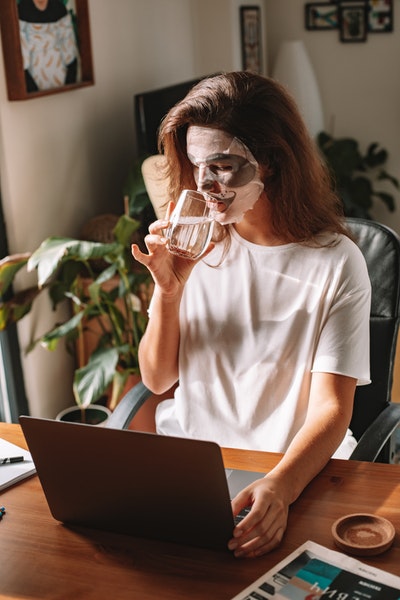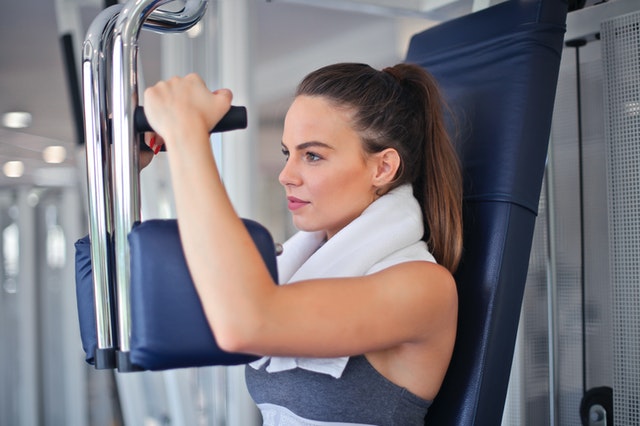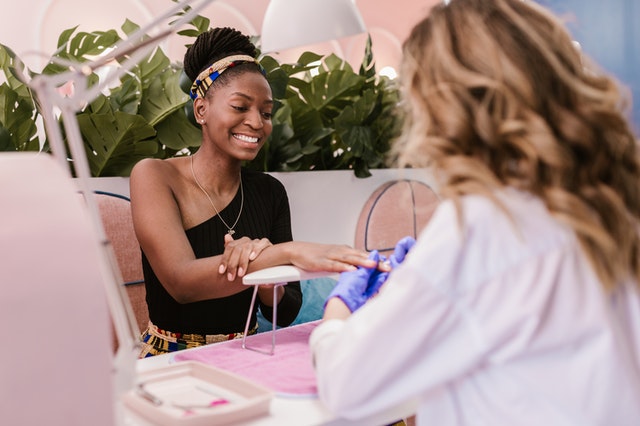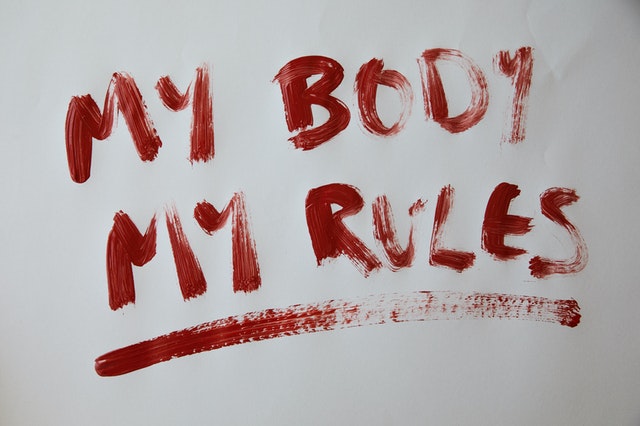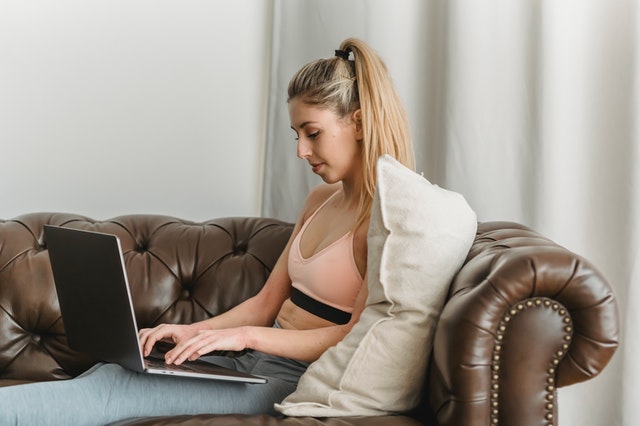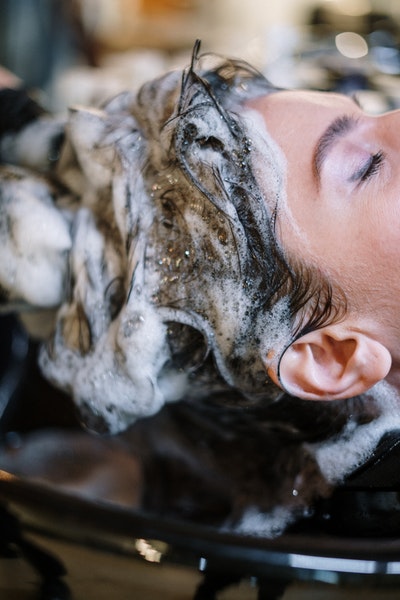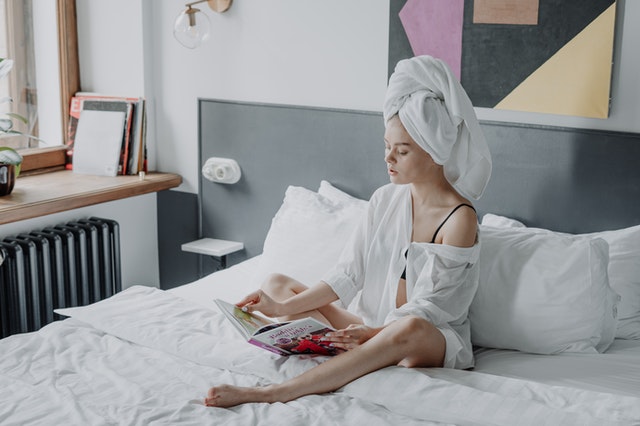While few outside West Africa find fonio among their usual fare, this ancient grain is gaining popularity because of its exceptional health benefits. Pierre Thiam, a restaurant owner from Senegal, touted fonio as the next big alternative to quinoa and brought the grain to the menus of his Brooklyn restaurants back in 2008. Today, you might be able to pick up fonio in your neighborhood if you live near Whole Foods or are lucky enough to have a local African food market.
Africans who consume fonio frequently often consider it a celebratory meal, particularly in Togo, Mali, Burkina Faso, and Senegal. If you're curious about this world whole-grain staple, this guide provides the knowledge you need to incorporate it into your diet.
Nutritional Content of Fonio

Half a cup of cooked fonio has just 170 calories and limited fat, salt and cholesterol. It also has 4% of your recommended daily value of both fiber and iron, as well as plenty of nutritious B vitamins, magnesium, zinc, iron and copper. If you need more calcium in your diet, fonio can deliver with more of this nutrient than any other grain.
[insert page='Offer' display='content']
Health Benefits of Fonio

First, good news if you're gluten-free; fonio provides a safe alternative for those who can't digest wheat protein. It's also rich in amino acids and micronutrients you won't find in wheat, corn or rice. These compounds help with the growth of new skin, nail and hair cells. Your body cannot make these nutrients, so you must get them from your diet.
The B vitamin content supports the function, growth and development of the body's cells. Iron and copper build connective tissue and red blood cells while magnesium helps the body produce energy. Zinc assists with synthesizing proteins and supporting immunity.
Fonio consists of complex carbohydrates that the body digests all day long, which helps you feel full and keeps blood sugar steady. As a whole grain, it also has the proven ability to reduce your risk of heart disease, type 2 diabetes, and stomach, pancreatic and colorectal cancer. Research also associates whole-grain consumption with avoiding obesity and keeping the body's gut health in balance.
Fonio also has a low glycemic index. That means it can help people who have diabetes control their blood sugar levels.
How to Enjoy Fonio at Home

Many describe fonio as combining the texture of quinoa with the nutty earthiness of couscous. If you're familiar with cooking grains, you're ready to cook fonio. The grain is just as versatile as its more common cousins, such as rice, farro and barley. You can use it in place of any of those choices in salads, soups and stews. It also works well in a traditional preparation as a porridge. If you can get your hands on fonio flour, you can even use it in your favorite cakes, muffins, and baked goods.
Aren't sure where to start? Use these simple steps for perfect fonio every time:
- Boil 1 cup of salted water over high heat.
- Stir in 1/4 cup of dry fonio and cover tightly.
- Reduce heat to low.
- Cook for about 15 minutes or until the grain absorbs all liquid.
- Remove lid and fluff with a fork. The fonio is done when it's tender yet firm, without excess moisture.
You can also look for any recipe with millet since fonio is part of the same family and offers a good one-to-one substitute. The U.S. Department of Agriculture says that whole grains should make up about half of the bread and grains you eat each day, so spice up your routine by adding fonio to the mix.





